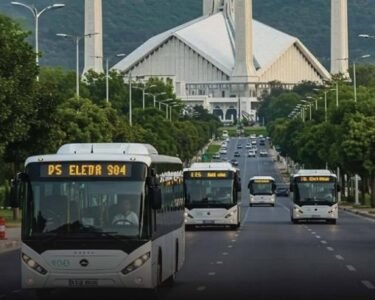In October 2025, Pakistan’s automotive market displayed robust recovery and growth, marking one of the strongest performances of the year. According to industry data, total car sales reached 13,513 units, reflecting an 11% increase compared to September 2025 and an impressive 40% year-over-year growth compared to the same period in 2024.
Passenger Cars Lead the Surge
Passenger cars were the standout performers, with production rising by 71% and sales increasing by 40%. This surge highlights growing consumer confidence and better supply chain stability, which has improved vehicle availability across dealerships.
Among individual automakers, Pak Suzuki continued to dominate sales with 7,403 units, driven by popular entry-level models such as the Suzuki Alto and Swift. However, the company’s sales dipped 13% month-on-month, likely due to supply adjustments. Honda Atlas recorded a 13% increase, reaching 2,607 units, while Toyota Indus achieved remarkable 44% growth, selling 4,529 units—a sign of strong demand for mid-sized and high-end models.
Commercial Vehicles Show Strong Momentum
Commercial vehicle segments also performed well. Truck production surged by 110%, with sales climbing 115%, and bus production increased 35%, supported by 59% higher sales. The growth reflects Pakistan’s expanding logistics and infrastructure activities, which continue to drive demand for heavy transport.
Mixed Trends in Other Segments
While two- and three-wheelers showed healthy gains of 30–32%, farm tractors experienced a downturn, with production falling 12% and sales dropping 15%. This decline could be linked to seasonal agricultural cycles or weaker purchasing power among farmers.
Outlook: Positive Momentum Ahead
Overall, October 2025 signals renewed optimism in Pakistan’s automotive industry. Strong sales in passenger and commercial vehicles demonstrate improving market fundamentals, increasing consumer demand, and growing investor confidence. Entry-level cars remain the backbone of sales, underscoring the country’s price-sensitive yet expanding auto market.
As supply chains stabilize and production scales up, analysts expect continued momentum through late 2025 and into 2026—positioning Pakistan’s automotive sector on a sustainable growth path.






